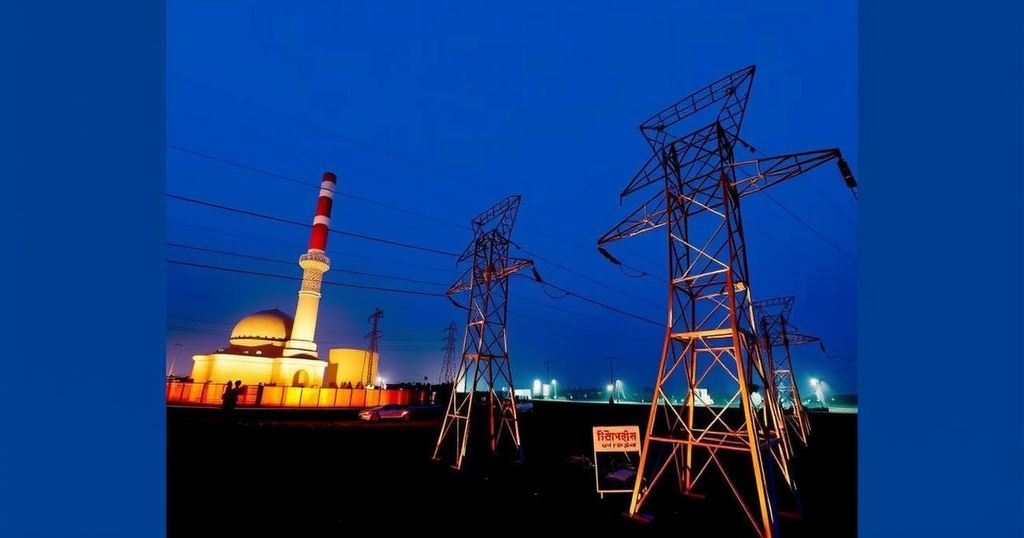Bangladesh has reduced its power imports from Adani Power by half, citing lower winter demand and ongoing payment disputes. This adjustment underscores the challenges in cross-border energy trade and the need for reliable payment mechanisms in power agreements.
On December 3, 2024, it was reported that Bangladesh has reduced its electricity imports from Adani Power by 50%. This decision can be attributed to several factors, including a seasonal decline in demand during the winter months and ongoing difficulties regarding payment arrangements with the Indian energy conglomerate. Such developments illustrate the complexities involved in cross-border energy transactions and their implications for regional power cooperation.
The situation comes amidst a backdrop of discussions between Bangladesh and India regarding energy supply and economic collaboration. Over the years, Bangladesh has significantly increased its energy imports from India, particularly from Adani Power, to meet the growing electricity needs of its population. However, payment disputes, which are exacerbated by fluctuating demand patterns, have compelled Bangladesh to rethink its energy procurement strategies.
Adani Power, part of the Adani Group, is a major player in India’s energy sector and has been increasingly involved in power supply agreements with neighboring countries, including Bangladesh. The bilateral energy trade has seen substantial growth due to Bangladesh’s urgent demand for electricity, especially with the expansion of its industrial base. However, issues regarding payment delays and revised demand have emerged as critical challenges for maintaining a stable energy supply relationship. This situation highlights the need for reliable financial arrangements and demand forecasting in energy trading agreements.
In summary, Bangladesh’s decision to halve power purchases from Adani Power is a multifaceted issue driven by decreased seasonal demand and payment disputes. This situation underscores the intricate balance required in international power trade, particularly in evolving economies like Bangladesh that rely heavily on external sources for their energy supply. Future developments in this relationship will be pivotal in shaping the regional energy landscape.
Original Source: www.hindustantimes.com







